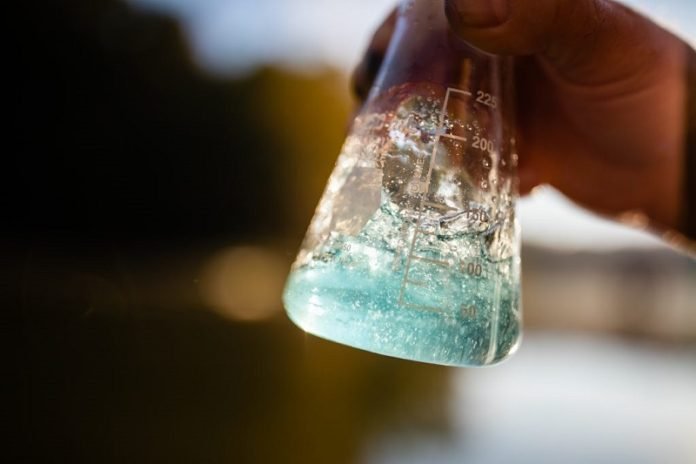
As winter comes, roads get icy and slippery.
To keep them safe, we use rock salt. It helps prevent accidents for those walking, cycling, or driving.
But this simple safety measure has a downside. Researchers from Virginia Tech and the University of Maryland have discovered that our need for salt is harming our planet.
Their study, published in Nature Reviews Earth & Environment, shows that human activities are making the air, soil, and water saltier.
This could become a big problem if it continues. “This is a slow-moving train wreck,” says Megan Rippy, a Virginia Tech professor.
Our natural water resources are getting saltier, but it’s happening so gradually that many people don’t notice.
Salts are made of charged particles, commonly calcium, magnesium, potassium, and sulfate. High levels of these can be bad for the environment and our water supply. The study looked at a range of salt ions found underground and in water bodies.
Normally, natural processes bring salts to the Earth’s surface slowly. But human actions like mining, construction, and road treatment are speeding this up. This faster salt cycle harms plants and animals and can make drinking water unsafe.
“Ecosystems are used to certain salt levels. When this increases, it can cause problems like the loss of fish species,” Rippy explains. Too much salt in irrigation water can ruin crops, and salty drinking water can lead to health issues in humans.
The research team found that human-caused saltiness has impacted around 2.5 billion acres of soil worldwide, roughly the size of the United States. Salt levels in streams and rivers have also gone up over the last 50 years, along with global salt use and production.
Salt is even reaching the air. In some places, drying lakes are sending salt dust into the sky. In snowy areas, road salts can turn into airborne particles, harming air quality, wildlife, and crops.
Stanley Grant from Virginia Tech notes that road salts are a big problem in the U.S., where 44 billion pounds are used yearly. They make up almost half of the country’s salt use and contribute significantly to the salt in waterways. To protect our waters, we need to limit road salt or find alternatives. Some U.S. cities are already using beet juice on roads in winter. It works like salt but is less harmful.
Salt can also cause other issues. Salty dust can speed up snow melting, affecting communities that depend on snow for water. Salt ions can also mix with soil contaminants, creating harmful chemical mixtures.
Grant warns that history shows civilizations collapsing when they couldn’t manage their salt usage. He hopes this study will make more people aware and lead to changes. We need to find sustainable ways to use salt, balancing our safety in winter with the health of our environment.



